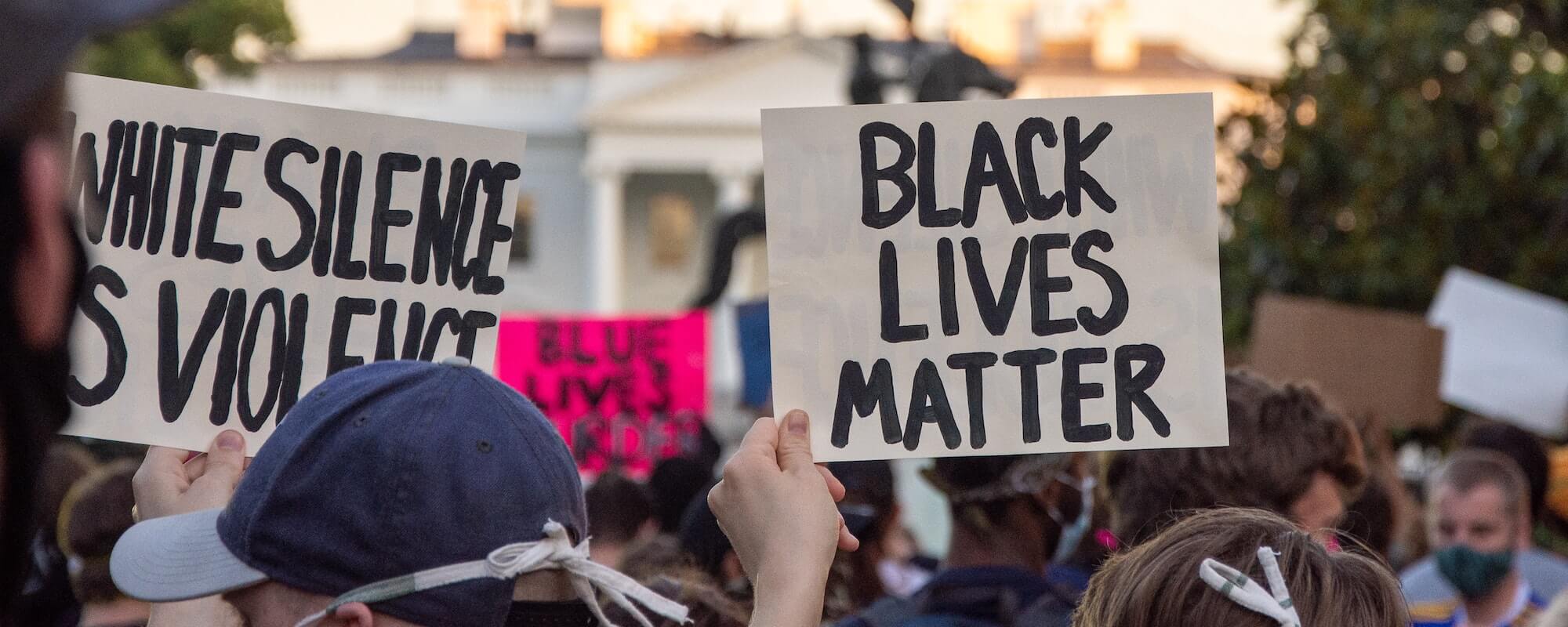The post from 2016 below continues to represent our strong position on inclusivity, equity, diversity, and anti-racism, four years later. It’s more important than ever to persist, and speak up in support of anti-racism. If any questions remain about Code Fellows’ position with regard to the tragic murder of George Floyd, Breonna Taylor, Ahmaud Arbery and the continued, revolting acts of violence by the police against Black Americans: the continued violent and brutal treatment of Black people is unacceptable. We remain committed to breaking down systemic barriers and ensuring all people are treated with respect and dignity. Privilege exists. Systemic racism exists. We are united with our staff, students, alumni, and partners in the fight against systemic racism and injustice. We’ve been offering diversity scholarships of up to 70% of tuition for many years. One immediate step we have taken is that we are now offering a full-ride scholarship to one Black American in every cohort, going forward. If you’re interested in applying for this scholarship, please click here.
- Jeff Malek, Code Fellows CEO, on behalf of the Code Fellows community, June 2020
If you or your company is interested in matching our efforts, please reach out to me directly at jeff at codefellows.com
A Call to Action
I want to put aside party politics for a moment and talk about something that is a shared concern, regardless of your party affiliation. Something unifying.
What an incredibly interesting political climate we’ve created for ourselves. We’re seeing polarized changes causing old friendships and alliances to split, fear, and uncertainty about the future for many, and abusive behavior towards marginalized people who deserve and need support. The result of the presidential election was a surprise for many. Some people feel encouraged and hopeful that the government might change. Others feel scared, concerned for personal safety. For many, this is a jarring wake up call. For myself and the Code Fellows Team, it’s a call to action.
Regardless of your political alignment, I sincerely hope that you share a core value we here at Code Fellows continuously work towards: diversity. To us, diversity means better representation from communities typically faced with barriers that prevent access to the benefits of technology and the community that supports it. Here’s why we think it’s important.
Working Together
At Code Fellows, we believe that people with diverse perspectives working together will produce better products and ultimately a better world. Research supports this—teams with wider perspectives are better able to problem-solve, and produce results for customers. We believe that we’re helping to make this a reality through education and hard work.
I’m proud to be working with a team that cares deeply about maintaining a safe and welcoming place for people from all backgrounds. To quote one of our founders Brook Riggio, we believe that infusing the beautiful breadth of humanity into the technology workplace will result in stronger communities and better futures for all.
It’s not enough to agree with the concept of increasing diversity. It takes work to move the needle and enact change. If diversity was important to you leading up to the November elections, one thing became starkly clear after them, if it wasn’t already: we have a lot more work cut out for ourselves. Surprisingly more, for some. But for people in, or already supporting underrepresented groups, this came as a severe blow. They need our support and efforts.
That’s why I hope that you’ll join us, and adopt diversity as a core value of your own, if you haven’t already. If it’s not already important to you, I hope it becomes so as a result of being influenced by Code Fellows.
A great place to start would be to review our Code of Conduct, found at the top of the page at github.com/codefellows. It’s a playbook for inclusivity. To sum it up for you in two words: be kind. Speak out or act in support of underrepresented, marginalized people and groups, and do it with respect for those who are learning more about why this is important, like so many of us are, myself included.
Adopt the approach of Alexander Reid, who compels us to lead with humility and empathy to create safe and inclusive environments where people learn and lives are transformed. That’s the approach taken by our amazing team of TAs, and it can also be applied anywhere inside or outside these walls, by all of us.
What Next?
We need more women coders, but more immediately we need more men to understand why, and to take supportive action. We need those in the LGBTQ community to feel safe and respected, but more immediately we need outsiders to act in their support. We need higher representation from our Black and Hispanic communities in technology, but more immediately we need white people telling other white people why that’s important, and asking each other what can be done. The list goes on, you’ll find yourself in it somewhere.
For those of you who are students, above all, don’t allow the current political climate to derail all of the hard choices and work that have led you and your teammates to this proud moment of personal change in your lives. You’re here right now because you took a growth leap, and you made it to the other side. It’s time to take the next one and bring others along on the journey.
Building diversity requires we all work together to openly learn and understand people who are different from us. With respect and humility, the team here at Code Fellows requests that you take time today to approach someone who looks, acts or thinks differently from you, tell them why you think diversity is important, and ask them to tell you about their experiences.

